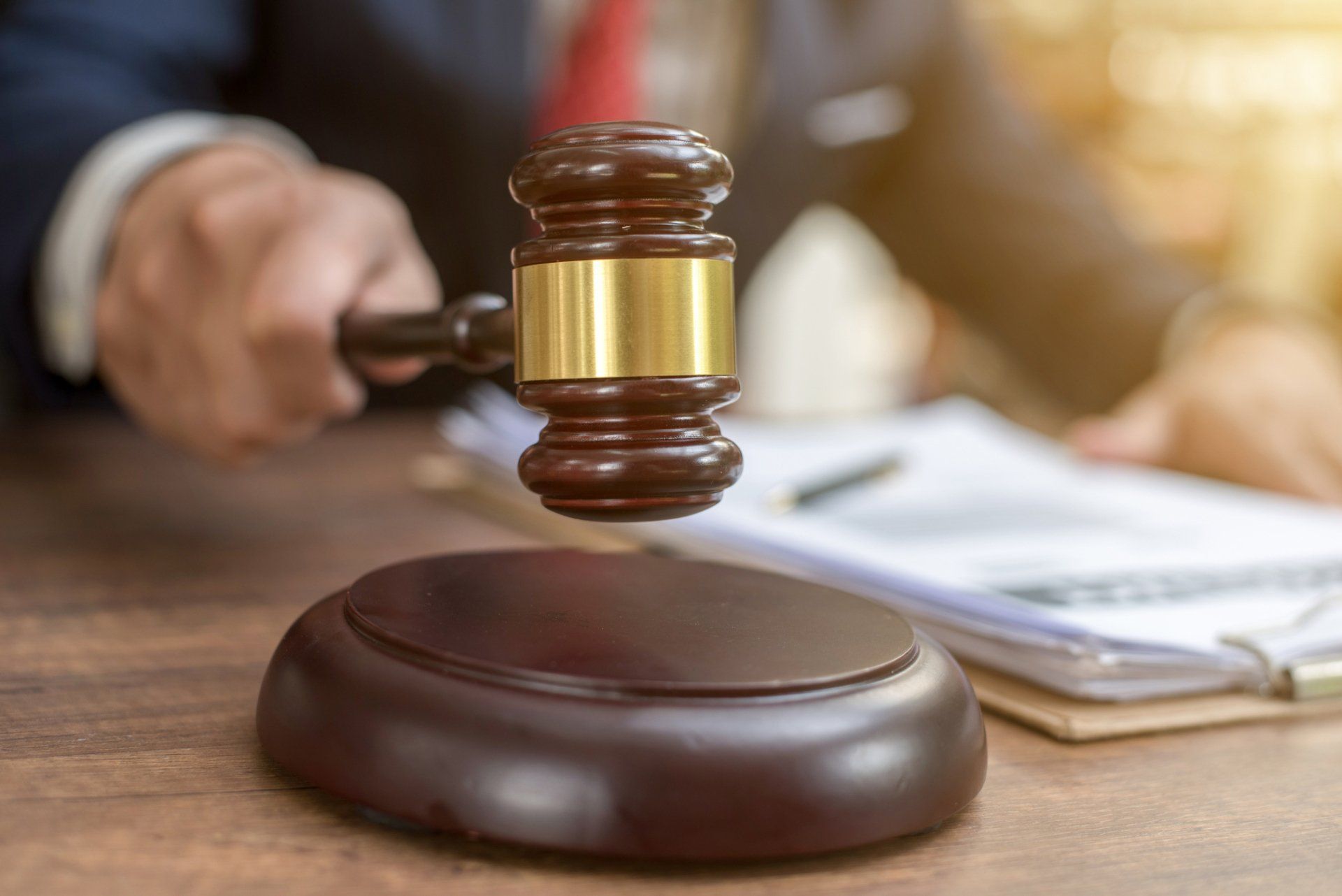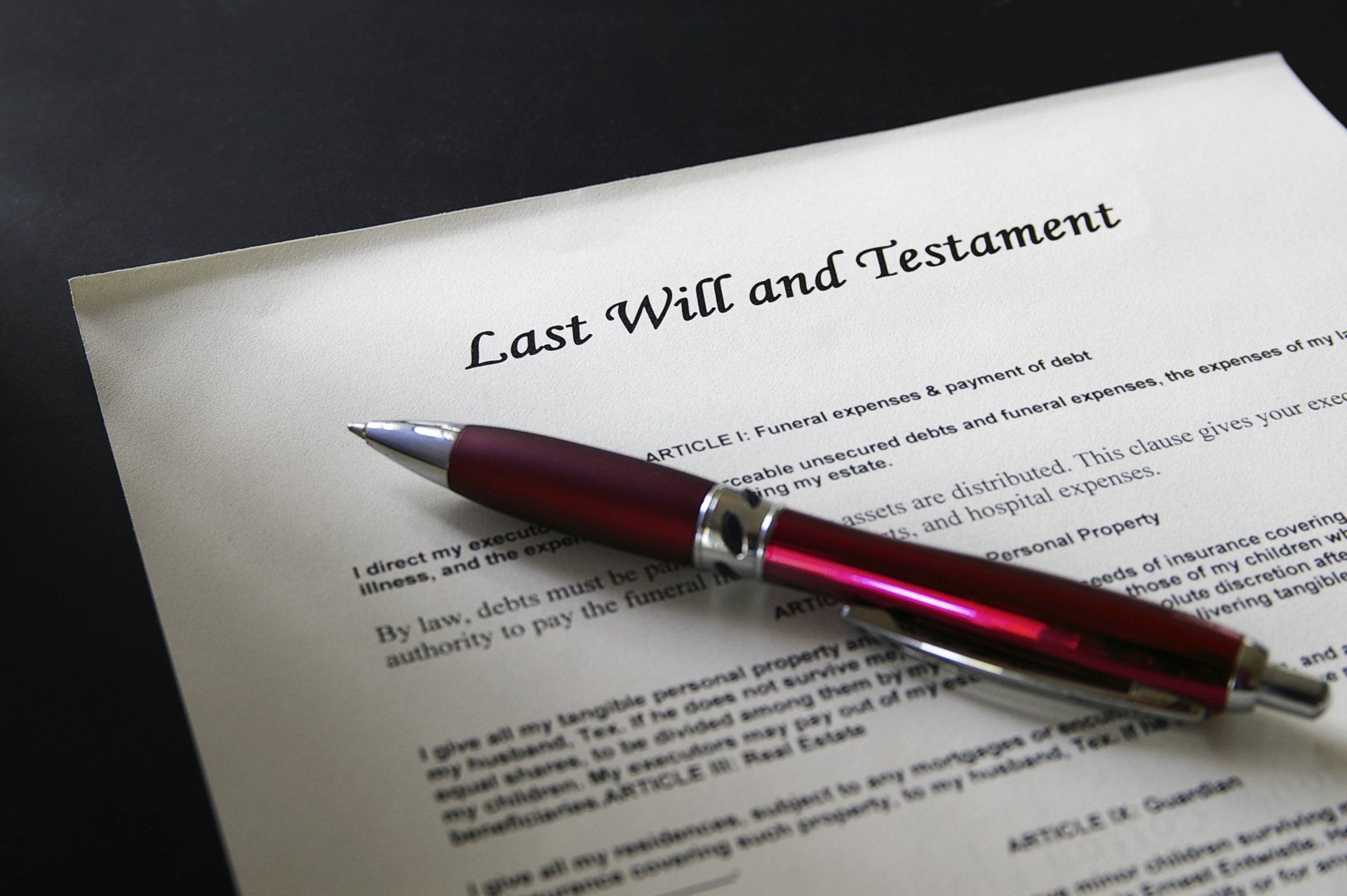ADDRESS: 3900 Newpark Mall Road 3rd Floor Newark, CA, 94560 | EMAIL: daniel@kisnerlaw.com
CALL US FOR A CONSULTATION
(510) 791-5790
Buying a Business? What You Should Know About Successor Liability
Are you buying an existing business? If so, one area of concern that you must pay attention to is avoiding unwanted liabilities from the prior company or owner. What does this mean? And how can you avoid trouble when drafting your purchase? Discover a few answers to important questions you may have about successor liability.
What Are Successor Liabilities?
Successor (or seller) liabilities are obligations and debts of the existing company at the point at which someone else becomes a new owner. These liabilities transfer to new ownership either voluntarily or by legal obligation.
A common example of successor liability is accounts payable. Accounts payable are the invoices due for goods and services generally already received. A company usually can't simply walk away from all these unpaid bills just by being sold to a new owner. Liability for it, then, generally passes on to the new company or owners.
What Are Good Liabilities?
Many commonsense successor liabilities usually continue under new management. This may include accounts payable, contracts, leases, sales agreements, purchase orders, and employment expenses (such as accrued vacation or sick time).
These liabilities are generally positive, though, as they carry less risk and provide benefit to the new company. By honoring the company's liability for employee benefits, the new owners keep quality employees and avoid legal entanglements. And good vendor contracts may benefit from the prior company's strength in negotiating.
When Are Liabilities a Concern?
The concern is for liabilities that may drag the new company down. For instance, pending lawsuits are a major worry for most buyers. A fraud lawsuit or discrimination case could be very costly and bring down the company's reputation before it even gets off the ground as a new entity.
The law mandates that a new owner must assume some of these liabilities. A new company cannot simply wash their hands of the liability for products under the old management, so product liability can pass on to new owners. And if the new company doesn't separate itself sufficiently from the old one, it may remain unavoidably responsible for crushing debts, old lawsuits, and existing contracts.
How Can You Avoid Risk Liabilities?
The best ways to avoid taking on unwanted successor liability is to do plenty of research, write a good contract, and choose the right purchase strategy.
You and your legal representation would want to research the old company to search for potential lawsuits - both already pending and those that may not have initiated yet. You also need to investigate the business standing with all government oversight agencies, as new owners usually can't avoid many of these issues.
The sales contract is also key in protecting yourself. A broadly written contract, for instance, may simply say that you plan to buy the entire company's assets in bulk. However, this opens up the likelihood that with those assets will come liabilities for them. If certain assets have liens, as an example, those liens often travel with the asset rather than the ownership and would become your problem.
Finally, the right method of purchase protects you. Simply purchasing the stock usually includes all existing liabilities and so provides the least protection from old problems. But purchasing assets as a whole may not serve your interests if the law would view the purchase as a de facto merger rather than a new company.
Where Can You Learn More?
The issue of successor liability is clearly a tricky one as it can make or break a business purchase. The best way, then, to avoid trouble is to work with an experienced business attorney in your state.
Kisner Law Firm can help. For more than 40 years, we have aided companies and individuals throughout California to protect themselves from financial and legal trouble when taking on a new venture. Call today to make an appointment.
PHONE: (510) 791-5790 | EMAIL: daniel@kisnerlaw.com
ADDRESS: 3900 Newpark Mall Road 3rd FloorNewark, CA, 94560
HOURS OF OPERATION:
- Mon - Fri
- -
- Sat - Sun
- Closed










